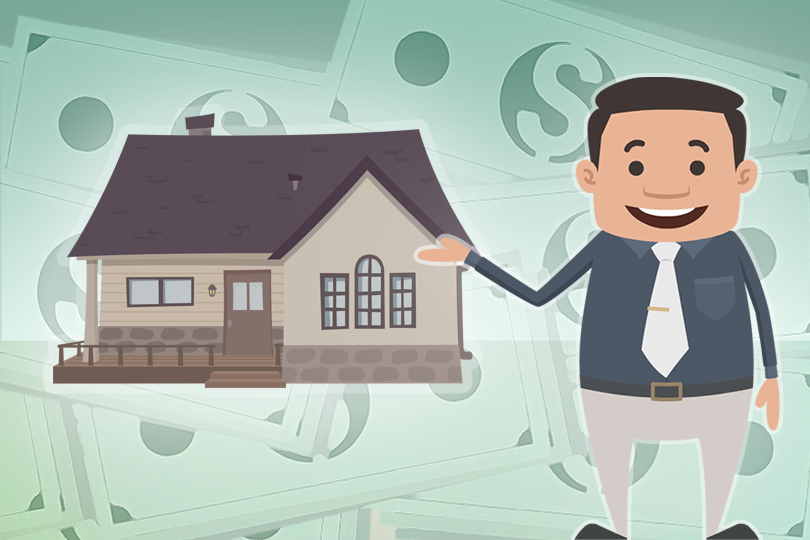FHA Residential Home Loan Options

FHA 203(b) Purchase Loan
The 203(b) loan is one of the most commonly used FHA single-family home loan programs. It's used for purchasing or refinancing one-to-four-unit properties that serve as the borrower's primary residence. These properties are typically suburban homes, rural houses, or city dwellings.
Key Features and Benefits:
- Lower Down Payment
Borrowers may qualify for an FHA mortgage with as little as 3.5% down for a one to four-unit property. - Credit Flexibility
The FHA considers borrowers with less-than-perfect credit. FHA guidelines include FICO scores of 580 or better for maximum financing. - Assumable Mortgages
Qualifying buyers can assume an existing FHA loan if the lender agrees to the transaction. - Gift Funds
Gift funds from family, friends, employers, or local agencies can be used for down payment and closing costs. These funds must meet FHA and lender guidelines.
- Primary Residence
The property purchased with an FHA loan must be the borrower's main address or primary residence. No investment property allowed. - Property Standards
The property must meet the FHA's minimum property standards via an FHA appraisal. - Mortgage Insurance
Borrowers pay mortgage insurance premiums (MIP) for either 11 years or the lifetime of the loan.
FHA condo loans allow individuals to purchase or refinance a condo unit within an FHA-approved project.
Key Features and Benefits:
- Benefits
Similar to 203(b) Loans, Condo loans have the same FHA benefits, such as lower down payments and credit flexibility for loan approval. - Community Living
Condo ownership offers community and shared common spaces. Owners share the cost of upkeep and maintenance. - Project Approval
The condominium project must be FHA-approved or meet standalone condo guidelines in an unapproved project.
- FHA-Approved Project
In most cases, the condo project must be on, added to, or have an exception for being on the FHA's approved list. - Owner-Occupancy
The borrower must intend to live in the unit as their home address. - Prohibited
No investment properties or non-resident landlords. - Unit Eligibility
The unit must pass the FHA appraisal process.
FHA mobile home loans finance the purchase or refinance of manufactured homes (mobile homes).
Key Features and Benefits:
- Housing Option
Manufactured homes can be a more affordable option than suburban homes for some borrowers. - Loan Options
FHA loans for these properties can include loans for modular, manufactured, and mobile home housing. - Flexibility
Homes can be placed on owned or leased land. FHA loans can be used to buy both the home and the land.
- HUD Code Compliance
The home must adhere to the HUD Code and meet FHA age restrictions. - Permanent Foundation
The home must be on or installed on a permanent foundation. - Land Ownership or Lease
This depends on the loan program and other variables.
FHA loans for multi-unit properties are for purchasing or refinancing properties with up to four units, one of which is the borrower's primary residence. The borrower can only be approved for an FHA mortgage for one of these properties if they certify they will be an owner/occupant after closing day.
Key Features and Benefits:
- Rental Income
Multi-unit properties can generate rental income. - Live-in Investment
Borrowers can live in one unit and rent out others. - Loan Terms
These loans may feature more competitive interest rates and lower down payments.
- Owner-Occupancy
As stated above, FHA loan guidelines in HUD 4000.1 require the borrower to live in one of the units as the primary residence. - Rental Income
The property's rental income must meet specific criteria. Experience as a landlord may be necessary in this area. - Property Condition
The property must meet FHA standards for multi-unit dwellings via an FHA appraisal.
------------------------------
RELATED VIDEOS:
Annual Income Requirements for FHA Loans
Good Credit History Helps Get FHA Loans
Stay Informed About Your Mortgage Closing Costs

Do you know what's on your credit report?
Learn what your score means.







